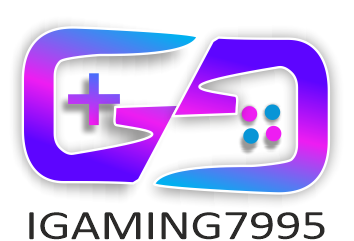A Big Step Towards Safer, Regulated Online Gambling
New Zealand is making a bold move to reshape its online gambling landscape. Under a new legislative proposal, the country will issue 15 online casino licences to approved operators, bringing much-needed regulation to a sector that has operated largely in the shadows.
This landmark change, led by Minister of Internal Affairs Brooke van Velden, aims to create a safer, fairer, and more transparent iGaming environment for New Zealanders—while also ensuring consumer protection, harm minimisation, and government revenue collection.
What Is the Online Casino Gambling Bill?
The newly introduced Online Casino Gambling Bill sets the stage for a regulated online gambling market. The legislation was brought before the New Zealand House of Representatives in response to Cabinet’s decision to regulate offshore operators that have long served Kiwi players without formal oversight.
Key highlights of the bill include:
- 15 licences available for online casino operators, each valid for three years
- Strict licensing conditions, including advertising limitations and harm-prevention strategies
- Heavy penalties (up to NZ$5 million) for unlicensed operators
- Mandatory responsible gambling measures for all licensees
Who’s Interested in a Licence?
Several major industry players are already eyeing the New Zealand market, including:
- SkyCity
- TAB NZ
- 888 Holdings
- Bet365
These operators will need to submit detailed business plans and demonstrate their commitment to responsible gambling and local compliance to be considered.
How the Licensing Process Works
The bill outlines a three-step licensing process designed to ensure only the most responsible and capable operators enter the market:
- Expressions of Interest – The Department of Internal Affairs invites preliminary interest.
- Competitive Selection – Qualified parties move on to a structured competitive process.
- Formal Applications – Final submissions are reviewed before licences are granted.
The Department of Internal Affairs will retain full regulatory control. This includes:
- Licensing and compliance monitoring
- Enforcing rules and penalties
- Maintaining a public register of licensed operators
- Issuing takedown notices and formal warnings as needed
Focus on Responsible Gambling
A major focus of the bill is minimising gambling-related harm. Licensed operators must:
- Prevent access to gambling by self-excluded or at-risk players
- Ban credit-based gambling
- Avoid offering games that closely resemble those of the National Lottery
Operators will be required to take reasonable steps to protect vulnerable players, with oversight and enforcement handled by the regulator.
How This Impacts the NZ Gambling Industry
This reform comes just days after legislation confirmed TAB NZ as the sole legal provider of online sports and racing betting in New Zealand. The timing couldn’t be more strategic.
Partner Entain has already pledged NZ$100 million in investment toward New Zealand’s racing industry, thanks to the new regulatory clarity.
According to data from H2 Gambling Capital, only 10% of online gambling revenue in New Zealand currently stays onshore. With proper licensing and enforcement, that number could grow significantly.
Why the Change Now?
The push for reform was backed by the ruling National Party, which won the 2023 election partly on a platform of addressing offshore gambling revenue. National projected that New Zealand could recover up to NZ$179 million annually from unlicensed foreign operators under the new framework.
Brooke van Velden emphasized:
“This bill is about protecting consumers, reducing harm, and ensuring New Zealanders benefit from the revenue generated by online gambling.”
What’s Next?
The Online Casino Gambling Bill will move to a select committee later this year. During this phase, the public will have the opportunity to submit feedback and help shape the final regulations.
A Safer, Smarter iGaming Future for New Zealand
New Zealand’s decision to license and regulate online casinos is a significant step forward for the country’s iGaming and digital betting industry. It promises more consumer protections, economic benefits, and transparency in a space that has long needed oversight.

